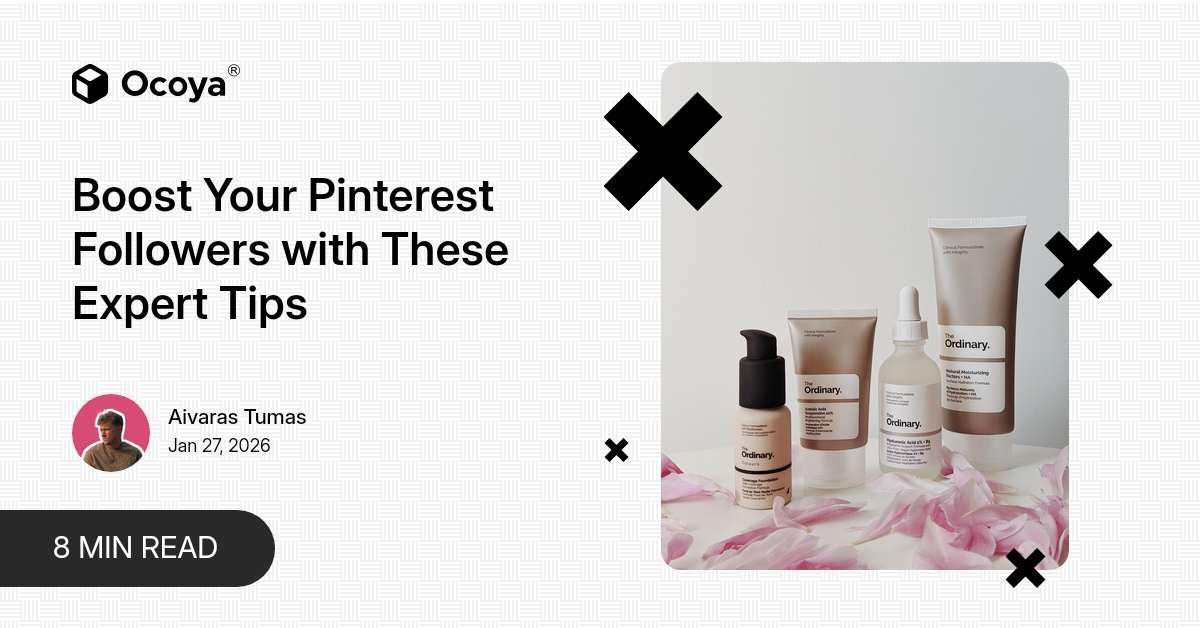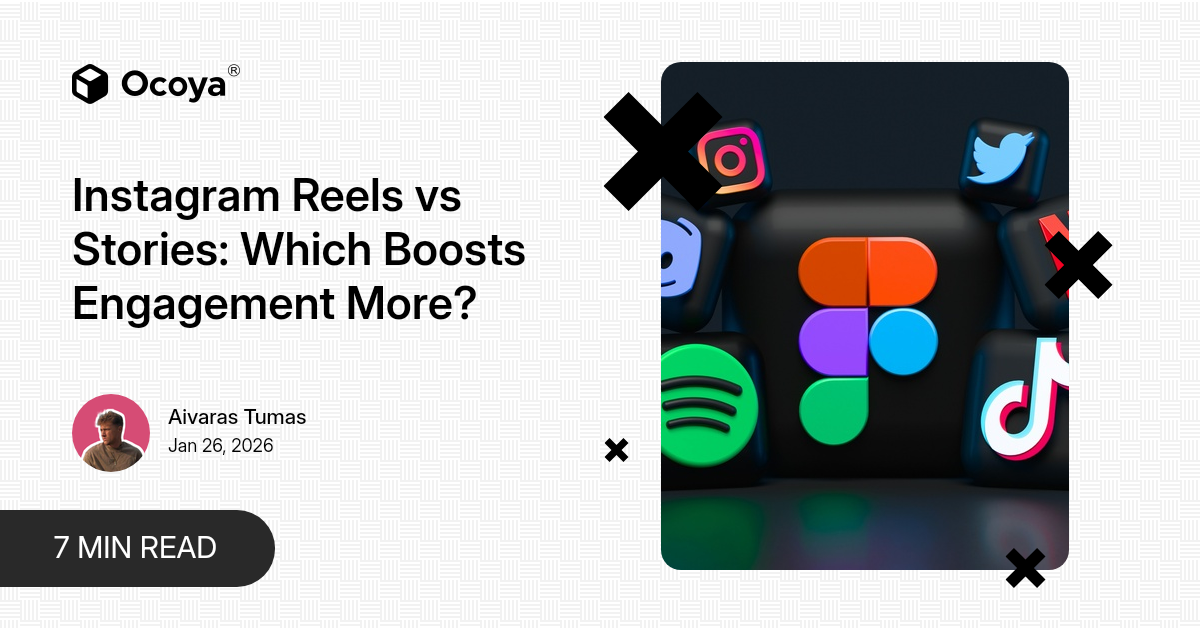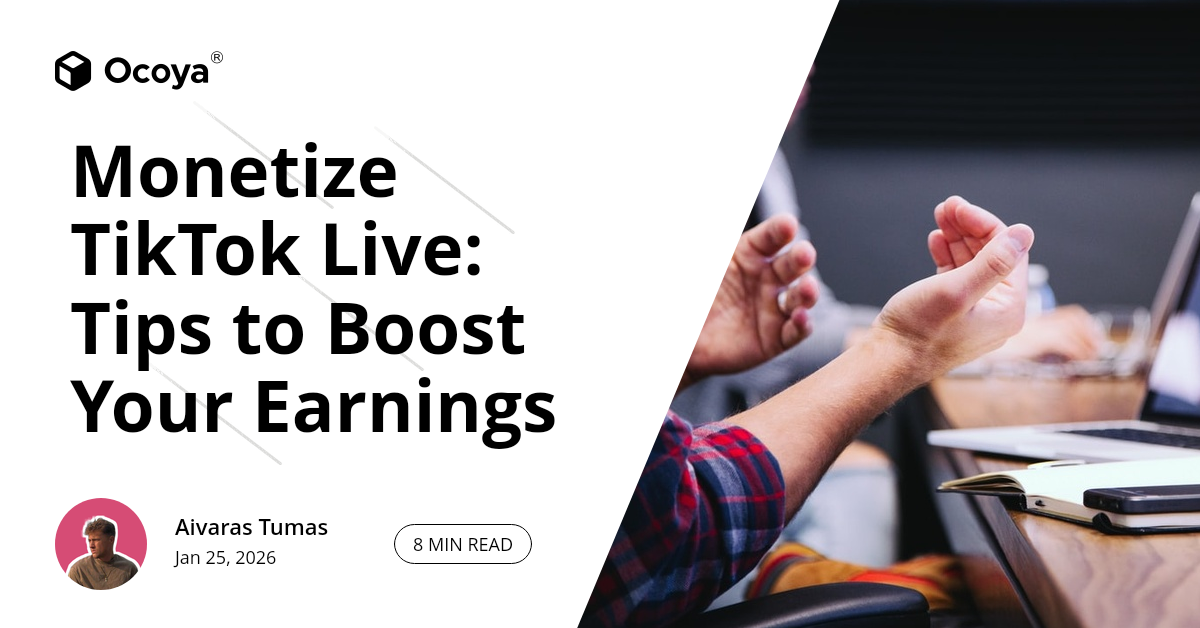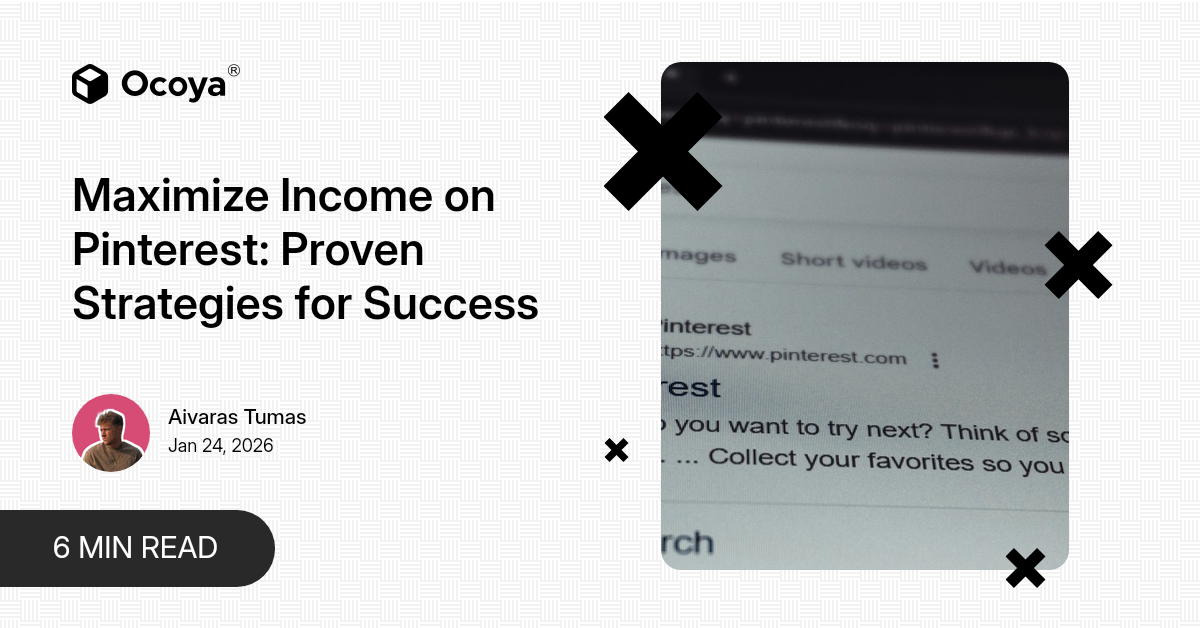
August 1, 2025
Marketing
Boosting Healthcare Success Through Social Media Marketing Strategies
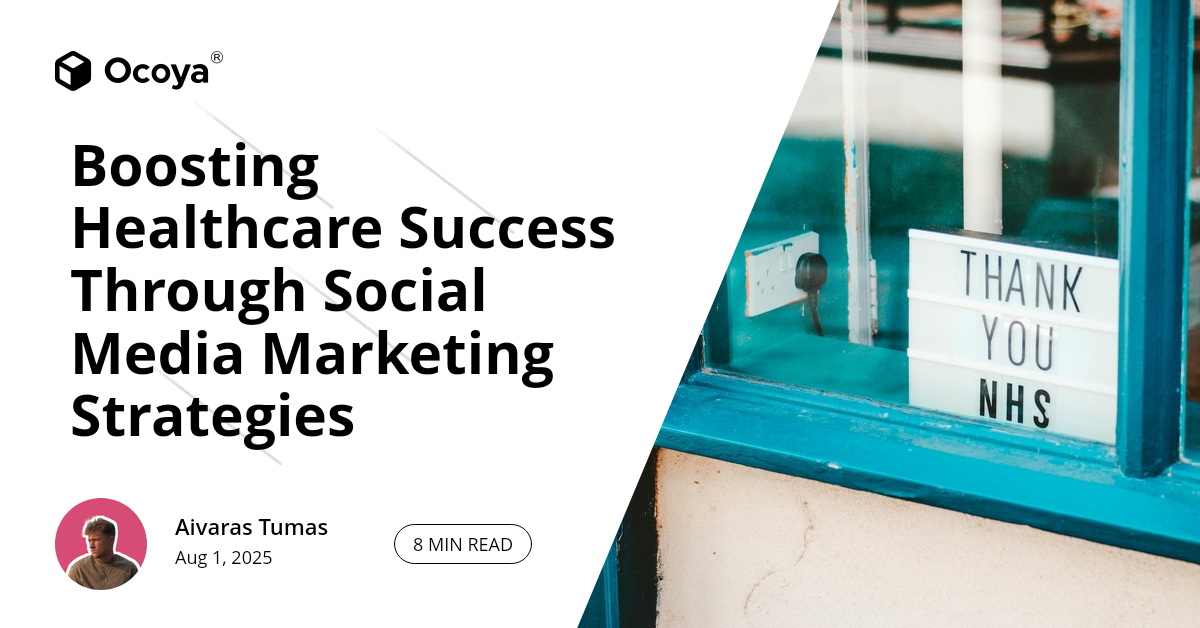
In the rapidly evolving healthcare industry, gaining a competitive edge often depends not only on the quality of care provided but also on the strength of your marketing strategies. In a world where digital communication reigns supreme, healthcare social media marketing has emerged as a pivotal tool for reaching and engaging with a wider audience. From local clinics to renowned hospitals, utilizing social media platforms effectively can lead to increased patient engagement, trust, and organizational growth.
Social media has transformed from a simple networking tool to a powerful marketing platform that organizations across various sectors, including healthcare, leverage to amplify their reach. However, to make the most out of social media, healthcare providers must adopt well-researched, strategic approaches tailored to the unique needs and concerns of their audience. This article explores several potent strategies to boost healthcare success through social media marketing.
The Importance of Social Media in Healthcare Marketing
Gone are the days when a healthcare provider only needed a well-designed website to make a mark. Today, patients and consumers flock to social media platforms to gather information, seek recommendations, and share their experiences. The immediacy and accessibility offered by social media align perfectly with the increasing demand for transparency and real-time communication in healthcare.
Effective healthcare social media marketing not only showcases your services but also humanizes your organization. By sharing patient testimonials, answering queries, providing health tips, and offering a glimpse into the daily operations of your facility, you build trust and establish a reliable connection with your audience.
Creating a Solid Social Media Presence
Creating a strong social media presence begins with selecting the right platforms for your target audience. While Facebook remains an all-encompassing platform, younger audiences might be more active on Instagram or TikTok. LinkedIn, on the other hand, is ideal for B2B interactions and professional networking. Tailoring your strategy to the strengths of each platform ensures you reach your audience where they are most comfortable.
Once you’ve identified the platforms, consistency is key. Regular posting ensures your audience remains engaged. Publish a mix of content types such as blog posts, infographics, videos, and patient stories. For instance, educational content about managing chronic conditions can establish your expertise, while behind-the-scenes looks at your facility make your organization appear more approachable.
Utilizing Visual Content
In healthcare social media marketing, visual content extends beyond mere aesthetics—it’s a vehicle for simplifying complex medical information and making it digestible. Videos, infographics, and images convey messages quickly and effectively. A video tutorial on administering first aid or an infographic on recognizing the early signs of a stroke can be both informative and life-saving.
Moreover, visual content significantly boosts engagement rates. Users are more likely to share, comment, or like visual posts, increasing your reach organically. Invest in high-quality visuals that not only catch the eye but also accurately represent your brand and mission.
Engaging Through Stories
Authenticity in storytelling is a potent tool in healthcare social media marketing. Real-life patient stories resonate deeply with audiences, offering them relatable and tangible proof of your services’ impact. Encourage patients to share their recovery journeys and experiences with your healthcare facilities. This not only builds trust but also fosters a sense of community among your followers.
However, it’s crucial to maintain compliance with healthcare regulations, such as HIPAA in the United States. Ensure that patient privacy is never compromised, and obtain explicit consent before sharing any personal stories or information.
Harnessing the Power of Influencers
Influencer marketing has permeated every industry, including healthcare. Collaborating with health influencers or medical professionals with significant followings can amplify your message. These individuals offer credibility and access to a wider audience who trust their opinions and recommendations.
For instance, a collaboration with a well-known fitness influencer to promote awareness about preventive healthcare measures can yield substantial engagement. Ensure that the influencers you partner with align with your brand values and genuinely believe in your mission. This authenticity translates into more meaningful and effective marketing.
Leveraging Social Media Advertising
While organic reach is valuable, social media advertising can significantly boost your healthcare marketing efforts. Paid campaigns allow you to target specific demographics, ensuring your content reaches the right people. From promoting health check-up packages to advertising wellness seminars, social media ads offer a focused approach to marketing.
Platforms like Facebook and Instagram offer robust advertising tools that enable precise targeting based on location, age, interests, and behavior. A well-drafted advertisement with a clear call to action can drive traffic to your website, increase patient appointments, and boost overall engagement.
Addressing Concerns in Real-Time
One of the defining features of social media is the ability to engage in real-time communication. This is particularly beneficial for customer service in healthcare. Addressing concerns, answering queries, and providing support promptly can significantly enhance patient satisfaction. It portrays your organization as responsive and attentive to patient needs.
However, it's important to manage this interaction professionally. Assign a dedicated team to monitor social media accounts and ensure responses are swift and accurate. Implement a standard protocol to handle inquiries and complaints while ensuring compliance with patient privacy regulations.
Measuring and Analyzing Performance
No marketing strategy is complete without measurement and analysis. Utilize social media analytics tools to track the performance of your posts, ads, and overall engagement. Metrics such as reach, impressions, clicks, and conversion rates provide valuable insights into what works and what needs adjustment.
Regularly review these metrics to refine your strategy. For instance, if video content garners higher engagement, consider incorporating more videos into your content plan. A data-driven approach ensures continuous improvement and maximizes the effectiveness of your social media marketing efforts.
Promoting Health Campaigns
Social media provides an excellent platform for launching and promoting health campaigns. Whether it’s a vaccination drive, a mental health awareness month, or a fitness challenge, campaigns can engage your audience and promote health-conscious behaviors. Utilize hashtags, create dedicated posts, and encourage user-generated content to amplify the campaign's reach.
Collaborate with other organizations, influencers, or community groups to further extend your campaign’s visibility. An impactful campaign not only raises awareness but also positions your organization as a proactive player in fostering community health.
Staying Updated with Trends
Social media is continuously evolving, with new trends and features emerging regularly. Keeping up with these trends ensures your content remains fresh and relevant. For example, the rise of stories and reels on platforms like Instagram and Facebook offers new avenues for engagement.
Stay updated with the latest trends in healthcare social media marketing by following industry leaders, participating in webinars, and reading relevant blogs. Integrating these trends creatively into your strategy can boost engagement and keep your audience interested.
Automating Social Media Management
Managing multiple social media accounts and maintaining consistent engagement can be overwhelming. This is where automation tools like Ocoya come into play. Ocoya streamlines social media management by automating content creation, scheduling posts, and providing detailed analytics to track performance.
With Ocoya, you can ensure your content is published at optimal times without the need for constant manual intervention. This efficiency frees up time to focus on other critical aspects of your healthcare marketing strategy. Ocoya's user-friendly interface and advanced features make it an indispensable tool for any healthcare provider looking to enhance their social media presence.
Building a Community
Beyond promoting services and addressing inquiries, use social media to build a community. Foster a sense of belonging among your followers by encouraging interaction and engagement. Host live Q&A sessions, create discussion groups, and celebrate milestones together. A strong community not only enhances patient loyalty but also serves as a valuable platform for mutual support and knowledge sharing.
Encourage your followers to share their health journeys, tips, and success stories. Highlight these posts on your page to show appreciation and build a more tightly knit community. Engaging content and genuine interactions can transform your social media channels into a vibrant, supportive network for your audience.
Using Testimonials and Reviews
Testimonials and reviews are powerful tools in healthcare social media marketing. Prospective patients often rely on the opinions and experiences of others when choosing healthcare services. Regularly share positive reviews and patient testimonials on your social media pages to build credibility and trust.
In addition to sharing reviews, actively solicit feedback from your patients. Encourage them to leave reviews on your social media pages and respond to both positive and negative feedback. Addressing concerns and expressing gratitude for positive comments shows that you value patient opinions and strive for continuous improvement.
Educational Content and Public Health Information
Providing educational content and public health information should be a cornerstone of your healthcare social media marketing strategy. Informative content on various health topics can position your organization as a trusted source of medical information. Topics like preventive care, symptom management, and healthy lifestyle tips are always relevant and valuable to your audience.
Share verified information from reputable sources to maintain credibility. Collaborate with healthcare professionals to create content that reflects the latest medical knowledge and best practices. Educating your audience not only empowers them to make informed health choices but also builds your reputation as a reliable healthcare provider.
Handling Negative Feedback
Negative feedback is inevitable but managing it effectively can turn a potential PR crisis into an opportunity for improvement. Respond promptly and professionally to negative comments or reviews on your social media pages. Transparency in addressing concerns demonstrates your commitment to patient satisfaction and continuous improvement.
Apologize for any inconvenience and provide a solution where possible. Avoid engaging in arguments or inflammatory exchanges. Instead, offer to resolve the issue offline through direct messaging or a phone call. Publicly handling negative feedback with grace and professionalism reinforces your organization’s credibility and reliability.
Key Takeaways
- Select the right social media platforms for your target audience.
- Create a mix of visual and written content to keep your audience engaged.
- Utilize storytelling to build trust and authenticity.
- Leverage influencer collaborations to widen your reach.
- Invest in social media advertising for targeted outreach.
- Engage in real-time communication to enhance patient satisfaction.
- Use analytics to measure and refine your strategy.
- Promote health campaigns to raise awareness and engagement.
- Stay updated with social media trends to keep content fresh.
- Automate social media management with tools like Ocoya to streamline operations.
- Build a community by fostering interactions and sharing patient stories.
- Share testimonials and reviews to build credibility and trust.
- Provide educational content to empower and inform your audience.
- Handle negative feedback professionally to maintain credibility.
Incorporating these strategies will help you harness the full potential of healthcare social media marketing, elevating your organization's online presence and ensuring meaningful engagement with your audience.

Continue Reading
The latest handpicked blog articles.



.svg)

.svg)


